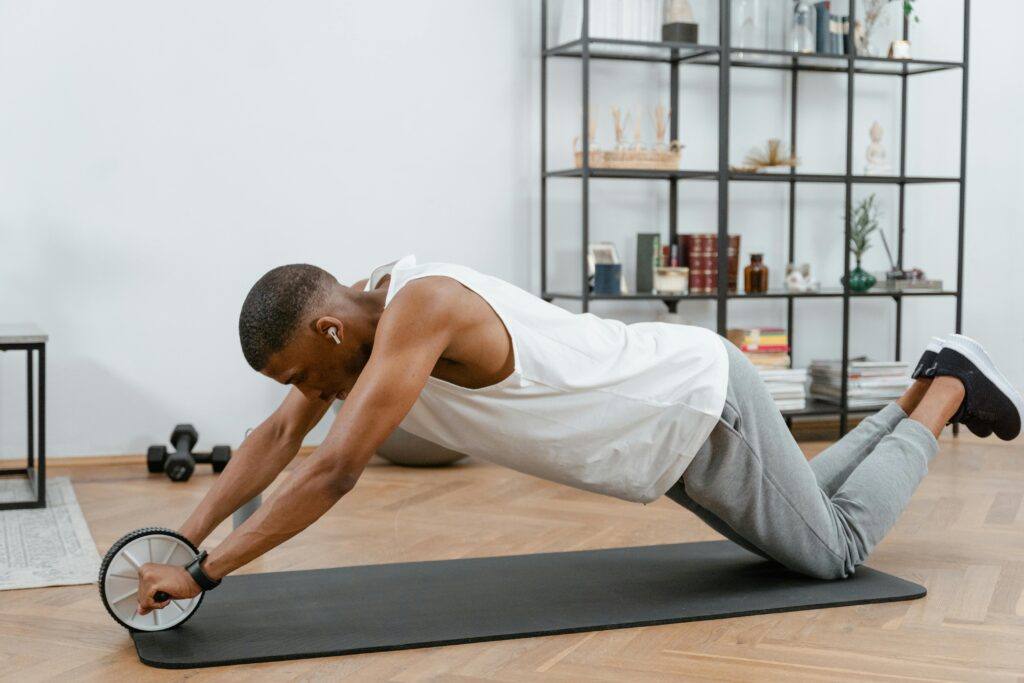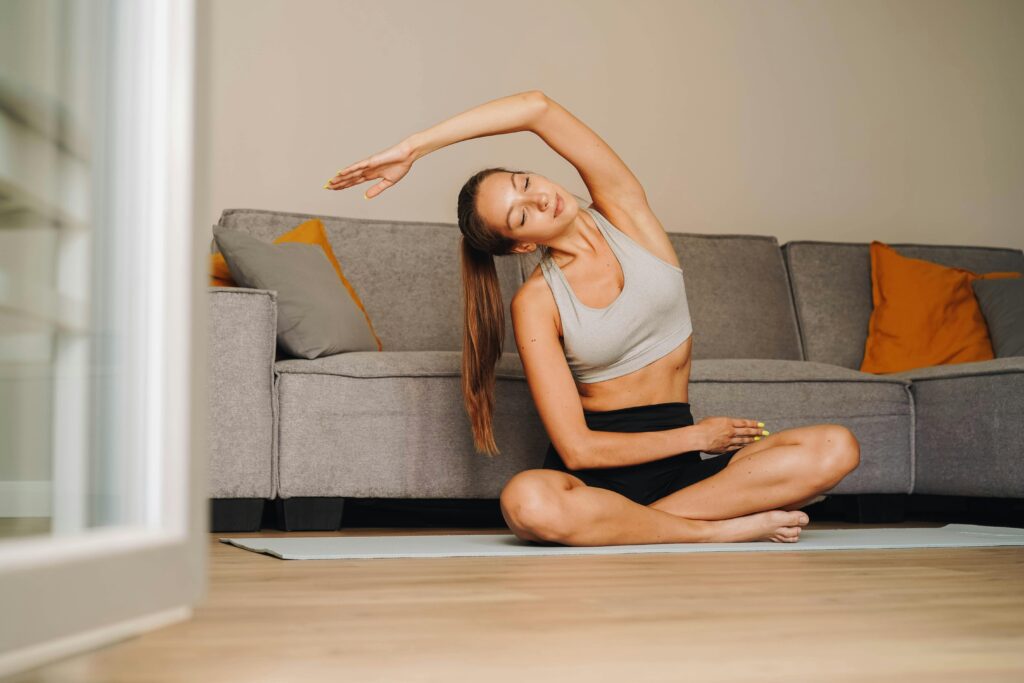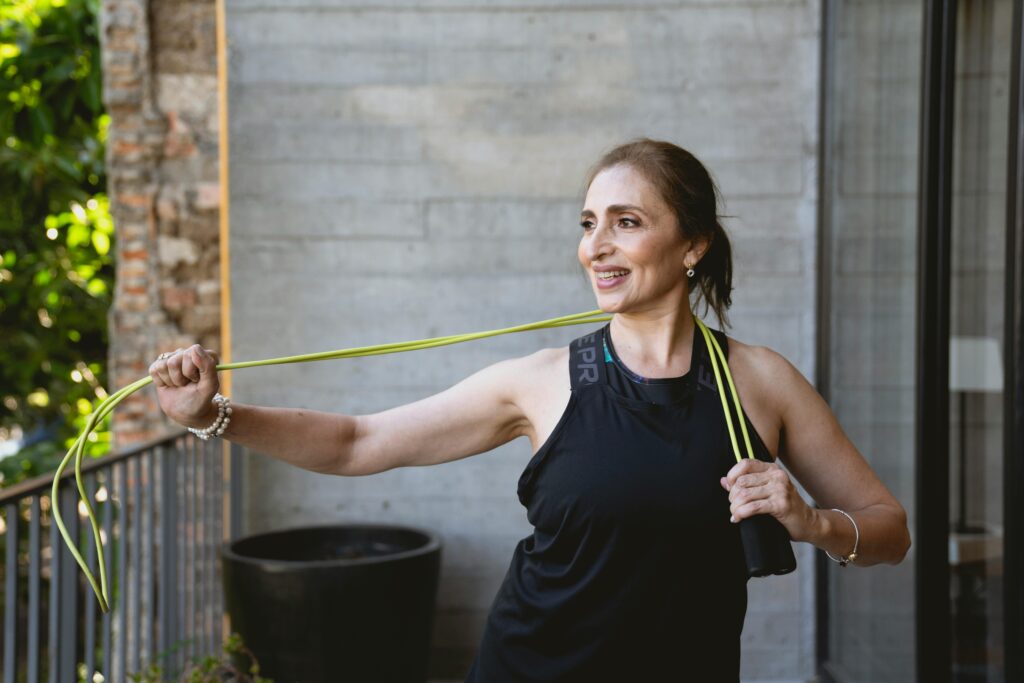Walking and running are two of the most popular ways to stay fit in the US and worldwide. They are easy to do, free, and you do not need a gym ticket to do them. It is important to know the difference between them, whether you are new to exercise or a seasoned athlete. However, people are still unsure if walking or running is better for daily exercise. Is walking better than running? This detailed article weighs the pros and cons of walking versus running based on ways to burn calories, protect the heart, lose weight, improve mental health, and more. When you are done, you will know which exercise fits your life the best.

The Basic Differences Between Walking and Running
Walking is a steady paced workout that does not hurt your joints. Most people walk between 2 and 4 miles per hour. It is good for people of all ages and does not hurt the joints. Walking is a great way to exercise regularly because you can do it for a long time without getting tired.
On the other hand, you hit the ground hard and quickly when you run. Most of the time, it starts at about five mph and speeds up. The body has to deal with more stress, but burns more calories faster. Because it is so hard, running can help you get fit faster if you do it right.
Key Difference: The biggest difference is how strong it is. Walking is easy and can be done for a long, but running is hard and quick. Depending on your goals, health, and physical state, both can help you.
Health Benefits of Walking
Boosts Heart Health
It is good for your heart to walk because it beats faster and brings more blood. Walking daily may make you less likely to have a heart attack or stroke. Your heart will work better, and your blood pressure will decrease if you walk quickly for 30 minutes daily.
Aids in Weight Loss
A steady walk, especially fast walking, can help you lose weight over time, even though it burns fewer calories than running. Adding hills or intervals can help your body burn more fat and keep it challenged.
Enhances Mental Health
Walking outside can help lower stress, boost your happiness, and make you healthier overall. It enables you to think of new ideas and clear your thoughts. Walking’s steady pace helps clear your mind and keep your emotions in check.
Improves Joint Mobility
Walking can help people with arthritis or joint pain keep their joints flexible without hurting them. It strengthens the muscles that support the joints and lubricates them, improving joint function and making them less stiff.
Lowers Blood Sugar
For people with Type 2 diabetes, going for a short walk after a meal can help check their blood sugar levels. It makes muscle cells take in more glucose, which improves insulin sensitivity and metabolic health.
Health Benefits of Running
Burns More Calories
Two to three times as many calories are burned when you run as you walk. If you want to lose weight quickly, you might do better by running. A regular running practice helps you lose fat and burns a lot of calories much faster.
Builds Endurance
In the long run, running strengthens your heart and lungs by increasing your cardiovascular stamina. Over a few weeks or months, you’ll be able to breathe better, have more energy, and easily walk farther.
Strengthens Muscles and Bones
Activities with a lot of force, like running, help bones and muscles grow. It enables you to keep your lean body mass. Running regularly can also help stop bone loss and muscle weakness from aging.
Boosts Metabolism
Your resting metabolism rate increases when you run, so you keep burning calories even after your workout. This metabolic boost helps you keep your weight down and gives you more energy all day.
Enhances Mood
Runners often talk about getting a “runner’s high,” a happy feeling caused by endorphins. It helps with worry and sadness. Running can be a strong natural way to deal with stress and depression.
Walking vs. Running for Weight Loss
Calories Burned
For a 155-pound person, walking at 3.5 mph burns about 280 calories an hour.
For someone who weighs 155 pounds, running at six mph burns about 700 calories an hour.
It’s clear that running burns more calories, but it also makes you tired faster. Walking is better for people who are just starting or older. Walking can still help you lose weight in the long run if you do it regularly.
Fat Loss Efficiency
Walking before or after a meal can help your body use fat stores. Running is very hard, but based on how hard you run, it can sometimes burn carbs instead of fat. When you use both ways together, you can burn more fat.
Running is better for losing weight quickly, but walking is better for losing fat over time and is safer for your health. Picking the one you can stick with is important for long-term success.
Walking vs Running for Heart Health
Walking and running are both good for your heart. On the other hand, running puts more stress on the heart and improves circulatory health more quickly. Walking might take longer, but it’s safer and helps you get better over time.
Walking is ideal for:
People who already have heart problems
Over 65s
Starters
It makes the heart stronger without overworking, making it safer for weak people.
Running is better for:
People who are healthy and want to quickly improve their athletic strength
Sportspeople
Goals for weight loss
VO2 max and heart rate variability often get better faster for runners.
Impact on Joints and Injury Risk
Running has a lot of effects. Some common injuries are:
Shin splints
A runner’s knee
Stress cracks
Without proper form or warm-ups, these accidents are more likely to happen.
Walking does not hurt you. It is easier to keep up daily and less likely to hurt you. It also helps you heal when you don’t move without giving up any benefits.
The verdict is that walking is safer if you tend to get hurt or have joint problems. Form and shoes should always come first for any exercise.
Mental Health Benefits
Both exercises are good for mental health because they make hormones like endorphins flow. Going for walks in parks or nature areas lowers stress and raises happiness. It helps you be more aware and calm down emotionally.
Running can help you relax and feel better because it is so hard. It wakes you with energy, clears your mind, and enables you to focus.
It’s often easier to relax when you walk, but running gives you a better brain “high.” Pick what your body and mind need most that day.
Cost and Accessibility
For walking, all you need are shoes that feel good. Do it anywhere. It is the best way to work out; anyone can do it, no matter how fit or much money they have.
Running is also free, but serious runners may want to buy special shoes, health trackers, or apps. These tools can improve tracking performance, but they’re not needed.
Winner for accessibility: walking. A lot of people can do it without any special gear. It gets rid of common exercise obstacles, which makes it easier to improve your health.
Which is Better for Daily Fitness Goals?
For Beginners:
Walking is a great way to make exercise a habit and boost your endurance. It makes it easier to stick with and allows new people to join. As your fitness level rises, you can slowly speed up and go farther.
For Busy People:
Running helps you get things done faster. A 20-minute run can be as good for your heart as a 40-minute walk. It’s great for people who are short on time but still want to stay fit.
For Seniors:
Walking is safer and helps you stay mobile, balanced, and independent. It makes you less likely to fall and enables you to age healthily without being too hard on your body.
For Young Adults:
Running is a better way to get healthy, especially for your heart and metabolism. It’s great for improving athletic ability and heart health.
For Overweight Individuals:
Walking is suggested first to ease the stress on the knees and joints. Getting into running can be done slowly. Starting with walking can help you feel more confident and lower your risk of getting hurt.
Tips to Get the Most Out of Walking and Running
Walking Tips:
For the most benefit, walk quickly.
To lose more weight, swing your arms.
When you work out, add light weights.
To keep blood sugar in check, walk after meals.
Track your progress with a timer or an app to keep you going.
Advice for runners:
Start slowly and pick up the speed slowly.
Wear the right running shoes to stay healthy.
It is important to warm up and cool down.
Switch between sets to burn more calories.
Drink water, and pay attention to your form and breathing.
Conclusion
No one answer works for everyone. What works best for daily exercise is something you will do every day. Getting regular exercise of any kind is good for your health and focus in the long run. If you want a healthier, more long lasting way to exercise, walk. Running is a good choice if you like high energy sports and want to see results faster.


